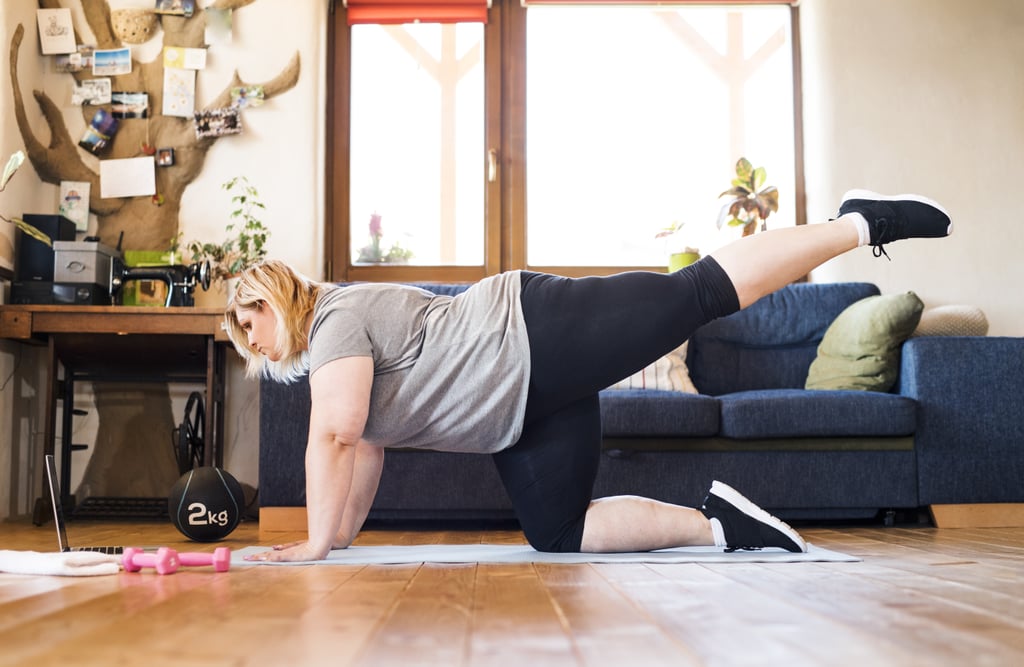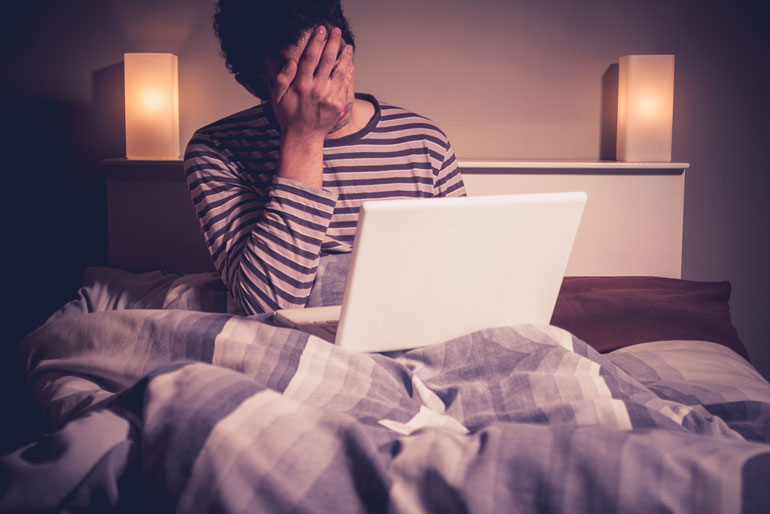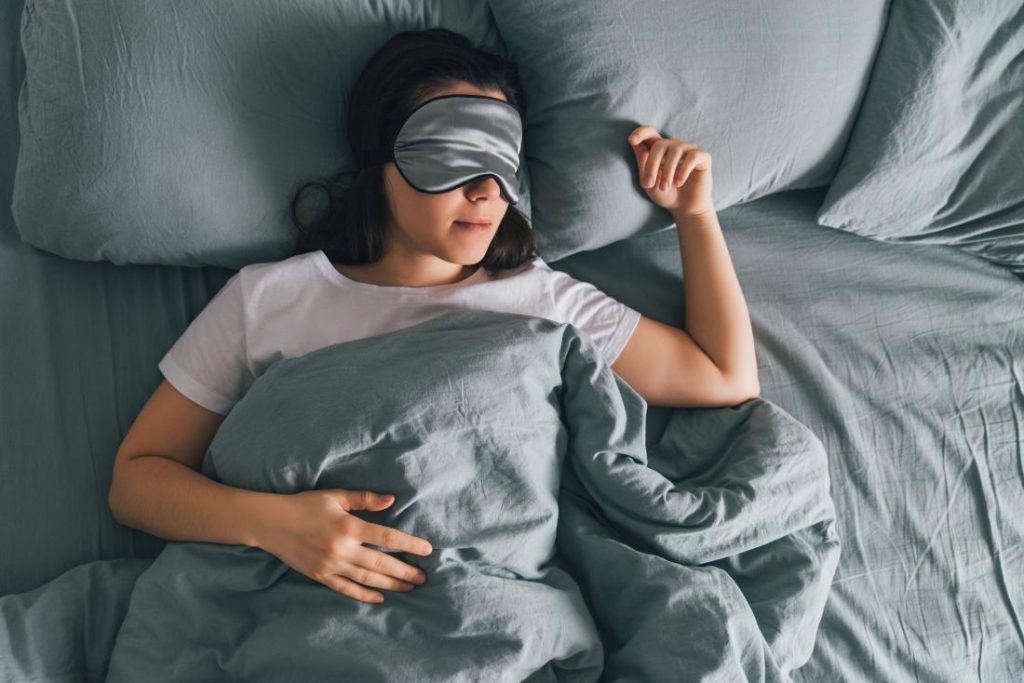Been staying awake into the wee hours while in quarantine? Then you are not alone. Experts say that sleep deprivation is a common thing in the midst of the coronavirus pandemic. After all, concerns brought about by the global health crisis leave a person with a mind clouded by stress, depression and anxiety, triggering insomnia.
Still, the need for adequate sleep is as important as ever. Not only does it help enhance health and mood, but also empowers the immune system which reduces the risk of contracting a viral infection. Fortunately, there are ways to help you regain a healthy sleeping routine during these challenging times.
Get morning sun exposure

One of the steps in preventing rest delays at night is done in the early morning. This requires spending time outside your house to receive sunlight. Sleep specialists stress that exposure to the bright morning light brings a positive impact to your natural circadian rhythm, an internal clock system that regulates body processes such as the sleep-wake cycle.
As much as possible, target the span of time in between 7:00 to 9:00 a.m. Also, try to spend at least 15 to 30 minutes outdoors. During that stretch, you can also incorporate activities that could brighten up your mood. It can be walking your pet dog, jogging or simply getting a fresh air. Of course, abiding by strict protocols is something that you should keep in mind while doing so.
Be active

It is hard to commit to an active lifestyle when you’re stuck in a listless groove, especially with the dangers of going outside, lack of access to gyms and long hours of work from home. However, engaging in physical activities during daytime can do wonders for your troublesome sleep pattern.
For one, the rise and fall of a person’s body temperature during and after a sweat session induce drowsiness. Not to mention that exhaustion can also make you want to rest, setting up a much-needed date with one’s bed. But while it is important to get moving at home, picking the right time to exercise is critical, too. It is better to work out in the morning or afternoon, rather than in the evening. This allows your internal thermostat and muscles to cool down just when you’re all set to hit the sheets.
Make no mistake, though, being active doesn’t just revolve around bodybuilding or staying fit. It can also be in the form of household chores such as cleaning, preparing meals and doing laundry, among others. Hobbies like dancing, gardening and playing an instrument can serve as productive activities as well to improve your sleep quality.
Establish meal routine

Nowadays, it is difficult to follow a regular meal schedule while spending time indoors. With all the time in the world, people binge whenever they want to, disregarding the importance of setting specific times for breakfast, lunch and dinner. But, believe it or not, having a meal routine matters in terms of re-adjusting your body clock.
Research shows that the circadian rhythm metabolizes nutrients in the daytime. So, eating late at night or before bedtime is a barrier to sleep. In order to prevent from doing so, commit to a regular schedule. It should start with having a breakfast as soon as you wake up. Then from there, an interval of three to four hours between succeeding meals must be followed for proper digestion. Also, you keep in mind that dinner should be eaten no less than three hours before hitting the sack. To keep you reminded, always set alarms.
On a different note, alcohol and caffeine intake at night can prevent you from feeling lethargic. Besides that, it can even disrupt the duration of your sleep. So it may be best to put a stop on such late-night habits to get sufficient shut-eye.
Avoid napping
A common part of a Filipino’s daily routine, Siesta is basically a nap that’s usually taken in the afternoon. But as the prolonged indoor stay continues, many people are tempted to have longer or more than one napping session each day. With that said, having such a habit of rest can you twisting and turning underneath the bed sheets at night. So, it is advisable to avoid napping. If really needed, it should only last for less than an hour and at least be done before 2 p.m.
Prevent working in bedroom

Working from home has become the norm for majority of the working population due to the current COVID-19 situation. With that, countless bedrooms have turned into home offices for many. But while it does seem comfortable getting the job done on a cozy bed with your pajamas on, it is advisable to only reserve the bedroom as a resting place because experts stress that it can actually affect your sleeping pattern and productivity even.
By keeping your bedroom as a space of comfort, it’s easier to fall asleep once you call it a day. The reason behind this is the mental link you have created between your bedroom and sleep, which triggers drowsiness when you snug down for bed. To that end, it is also wise not to make your relaxing haven a home-based workspace since whenever you are in bed the brain cues your body to loosen up, putting a negative impact on your work efficiency.
Avoid screen time at night

If staying up late or pulling off an all-nighter for the sake of binge-watching online videos, scrolling through social media platforms, or chatting with loved ones is a crime then almost all of us are guilty as charged. There is no denying that nighttime is the best time to sit back, relax and enjoy life at home. However, evening activities revolving around electronic devices can actually interfere with a person’s circadian rhythm.
Screen time is a common cause of insomnia, and the culprit behind it is the blue light emitted by gadgets. It is an artificial light that has been proven to hinder the release of melatonin, a hormone that notifies the body when it is time to sleep and wake up. Needless to say, the more you spend time looking at the phone screen or laptop late at night, the harder it is to wind down and rest.
To deal with this predicament, it is best to incorporate the practice of digital curfew in your daily lifestyle. Simply put, it is the act of turning off all the electronic devices an hour or two before bedtime. On a side note, there is also a device setting in gadgets that filter blue light.
Improve bedtime environment

Nothing seems to induce sleep better than entering a cool, dark and quiet bedroom after a long, tiring day. Without a doubt, a great bedtime environment can set you up for a sound night’s sleep. To have a soothing rest experience, the key factors that you should consider are noise, light, temperature and cleanliness.
There are plenty of things that can cause unwanted sound disturbances late at night. These include car engine noises, a chorus of howling dogs and mating cats, and even karaoke sing-a-longs from festive neighbors. If troubled by such external noises, it is recommended to use earplugs or rely on a white noise machine. In case of light exposure as barrier to your sleep, an eye mask may just do the trick. Meanwhile, running an air conditioner or an electric fan can help regulate a sleep-conducive room temperature. In addition, cleaning on a weekly basis can put your bedroom cleanliness concerns to sleep. A simple practice of sweeping, arranging personal items and changing out bedsheets and pillowcases can work wonders for you.
Find ways to relax

Stress caused by the coronavirus pandemic, systemic problems of the country and even family concerns has undeniably exerted influence on our daily lives, so much so that it has even made sleeping difficult. So it is important to cope up with it by learning relaxation techniques that you can practice in the comforts of your home. Breathing exercise, stretching, repetitive prayer, mindfulness meditation, calming music and self-massage are among the effective methods that you can try in a bid to relieve stress and promote sleep.
Billions of people are spending every waking moment dealing with the unsettling reality of the coronavirus pandemic — all the more reason why sleep should be one of our topmost priorities. In these desperate times, sleeping is the only time that we can fully give our bodies a break from all hustle and bustle. So, what are you waiting for? Get your sleeping cycle back on track and treat yourself with a well-deserved rest.

